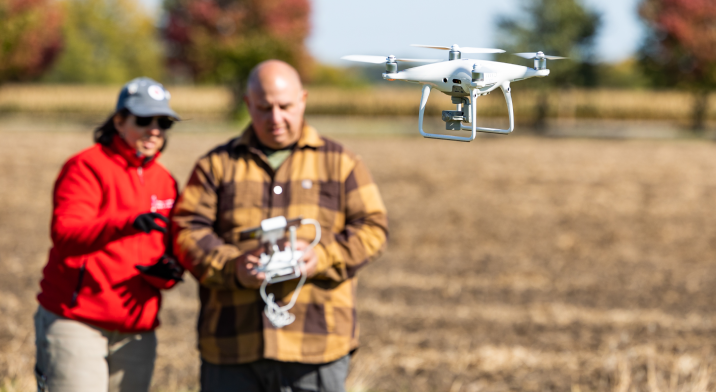

Studying the social sciences will help you explore the world around you, engage in its pressing issues, and appreciate society's many cultures and rich history. Discovering and learning will build a foundation that can lead you to a satisfying career.
Harper is an ideal place to begin your college career. With a 19:1 student-to-teacher ratio, you'll benefit from caring professors who love to teach. Harper offers a Social Sciences lab provides each student access to professional-level resources with computer-assisted learning programs, perception/sensation software, statistical analysis software, and more.
Harper College provides transfer-ready programs and courses in social science, such as anthropology, economics, geography, history, political science, psychology and sociology. By starting out your study at Harper, you can take quality, convenient courses, while saving money. To learn more, explore our programs below.
Harper College offers a number of social science transfer and career programs. To get started, select one of the program areas below:
Interested in another subject? If you are interested in transferring to study a social science-related subject not listed here, please meet with an academic advisor to learn what courses to take to meet your academic goals.
Harper is home to a vibrant social science community, with fieldwork opportunities, lectures and student organizations.

Through the University Center, you can earn your bachelor's degree in psychology right here on Harper's campus.
To learn more, review our Social Science brochure. To get started taking social sciences courses, contact Admission Outreach at 847.925.6700.
Watch this video to hear from the head of the History program about the what's offered here at Harper.